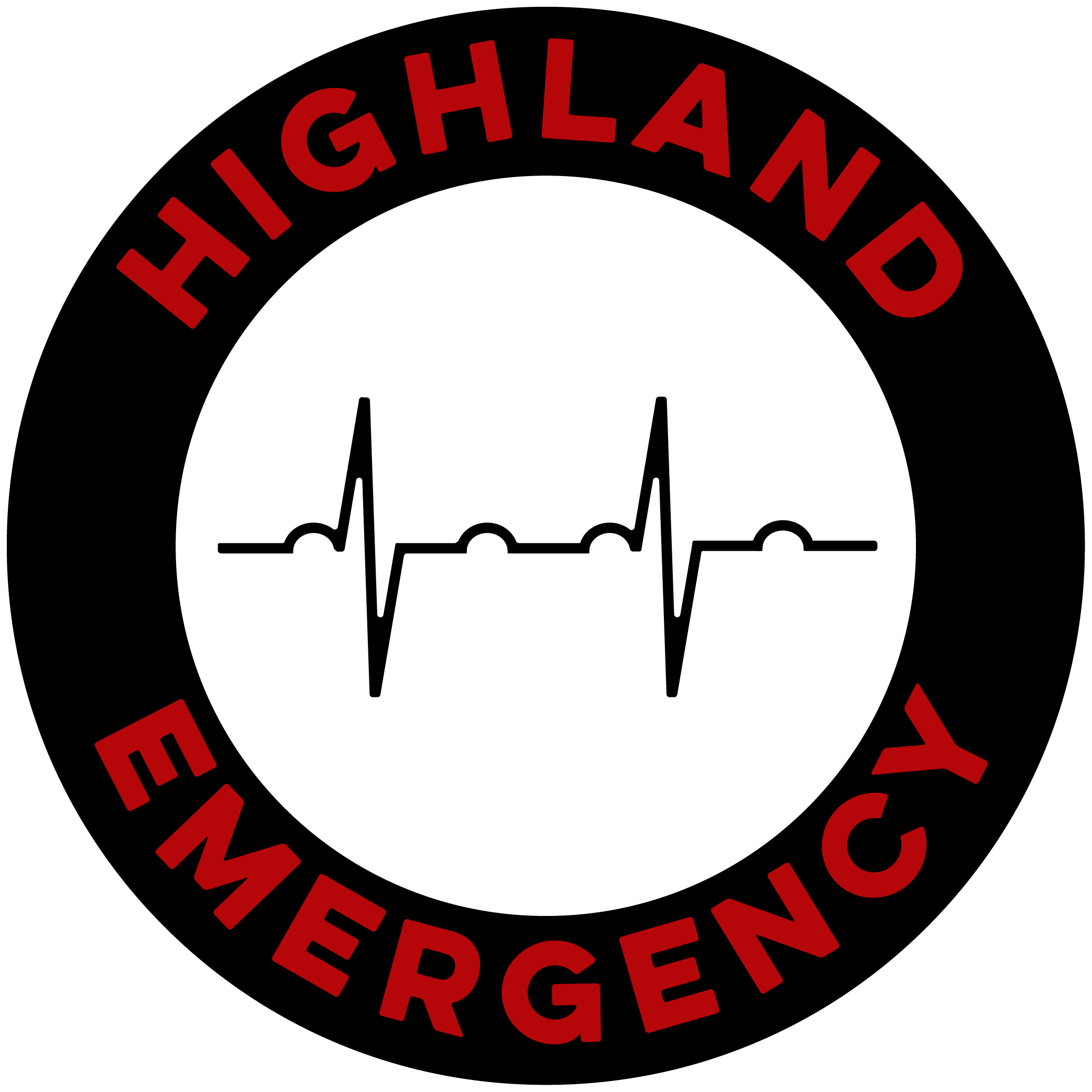Highland Wellness
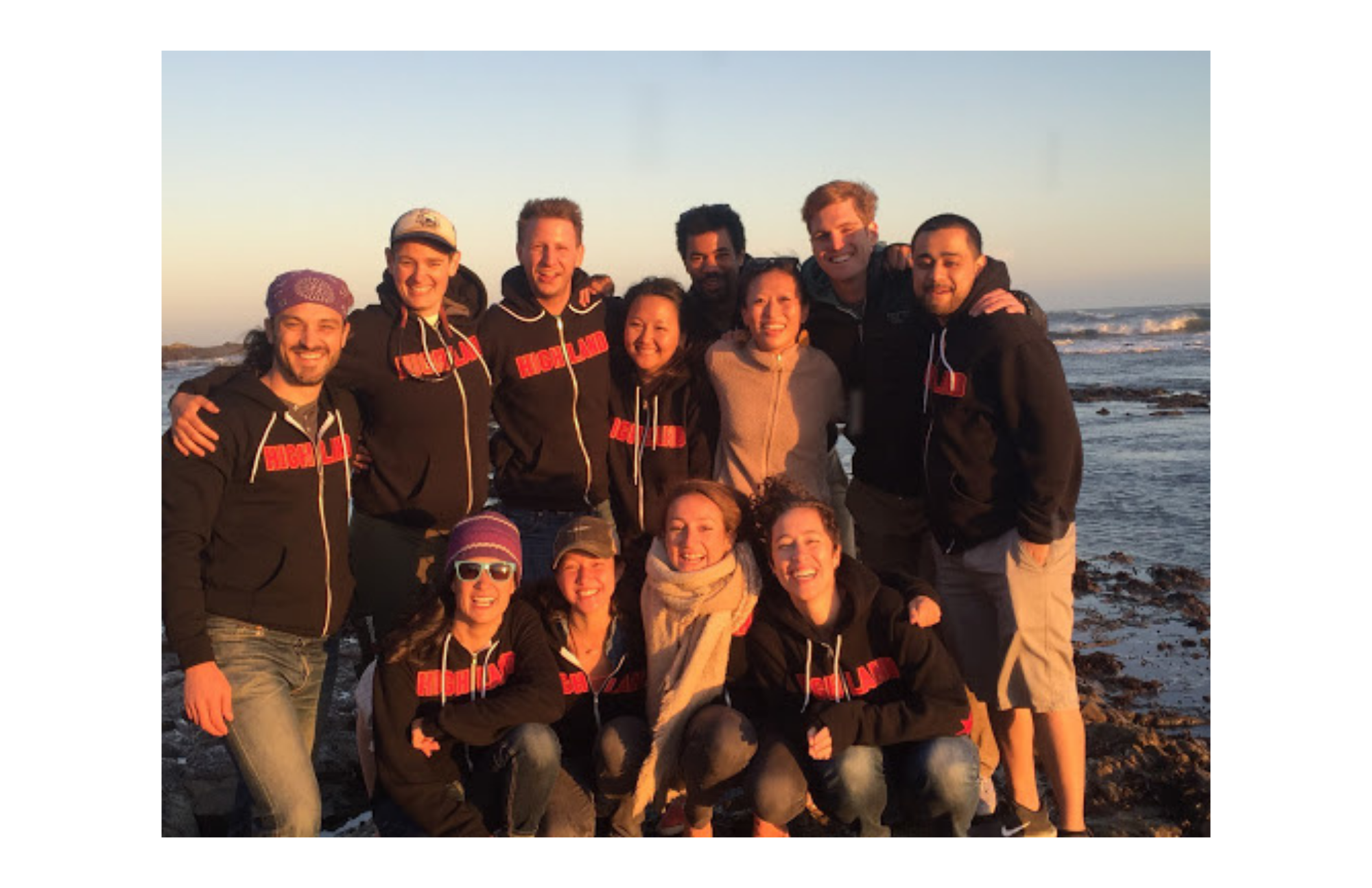
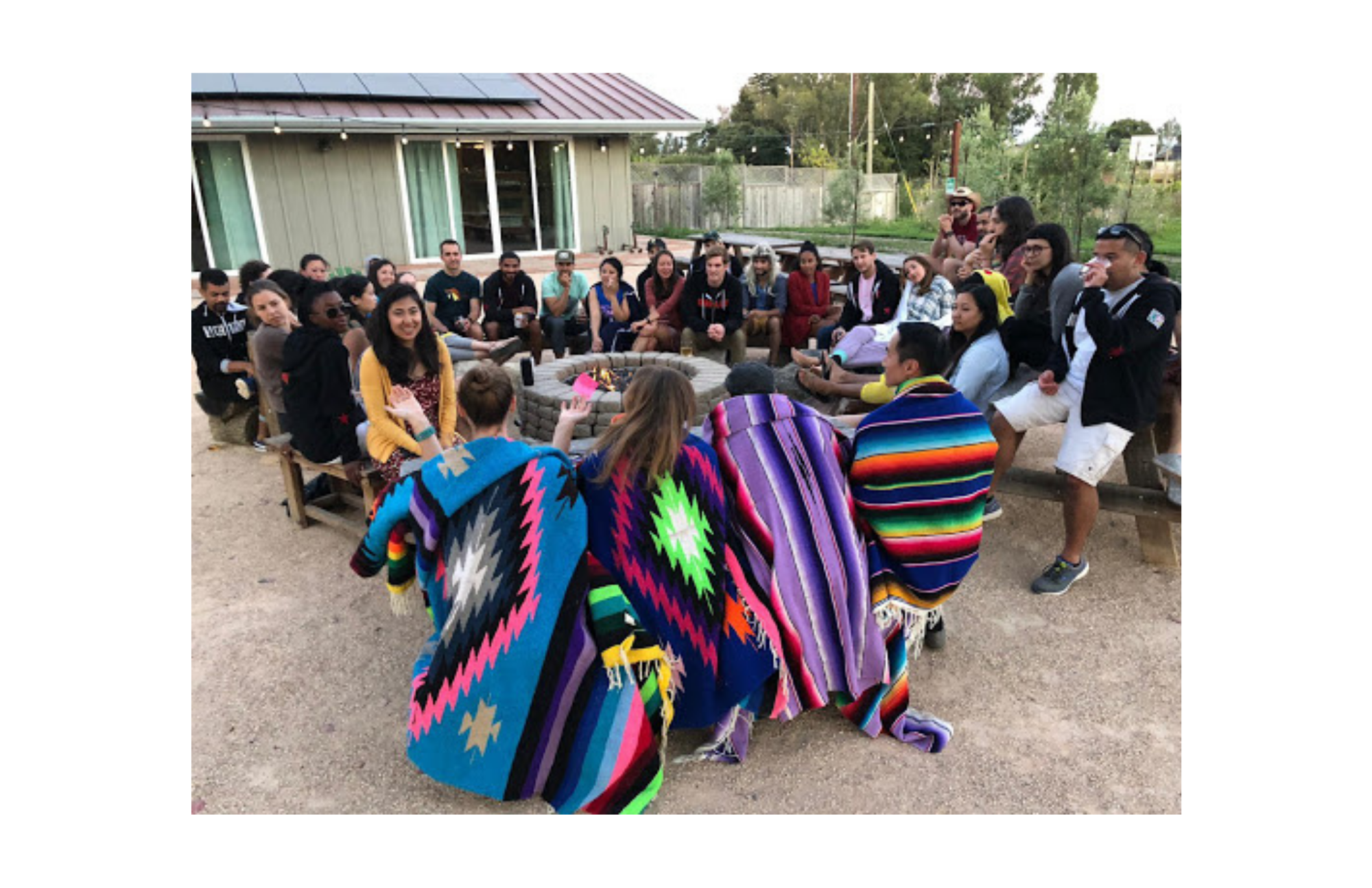
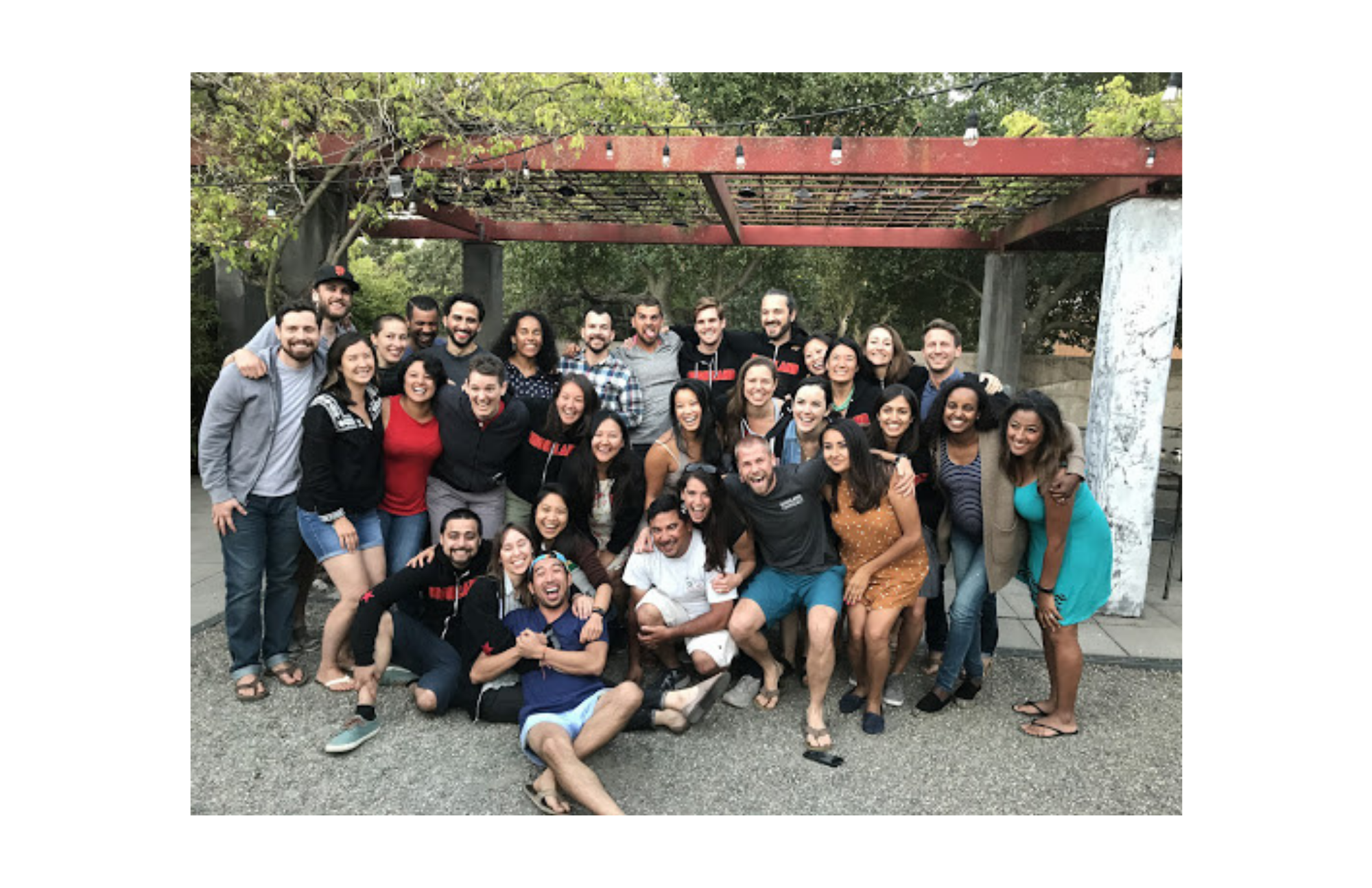
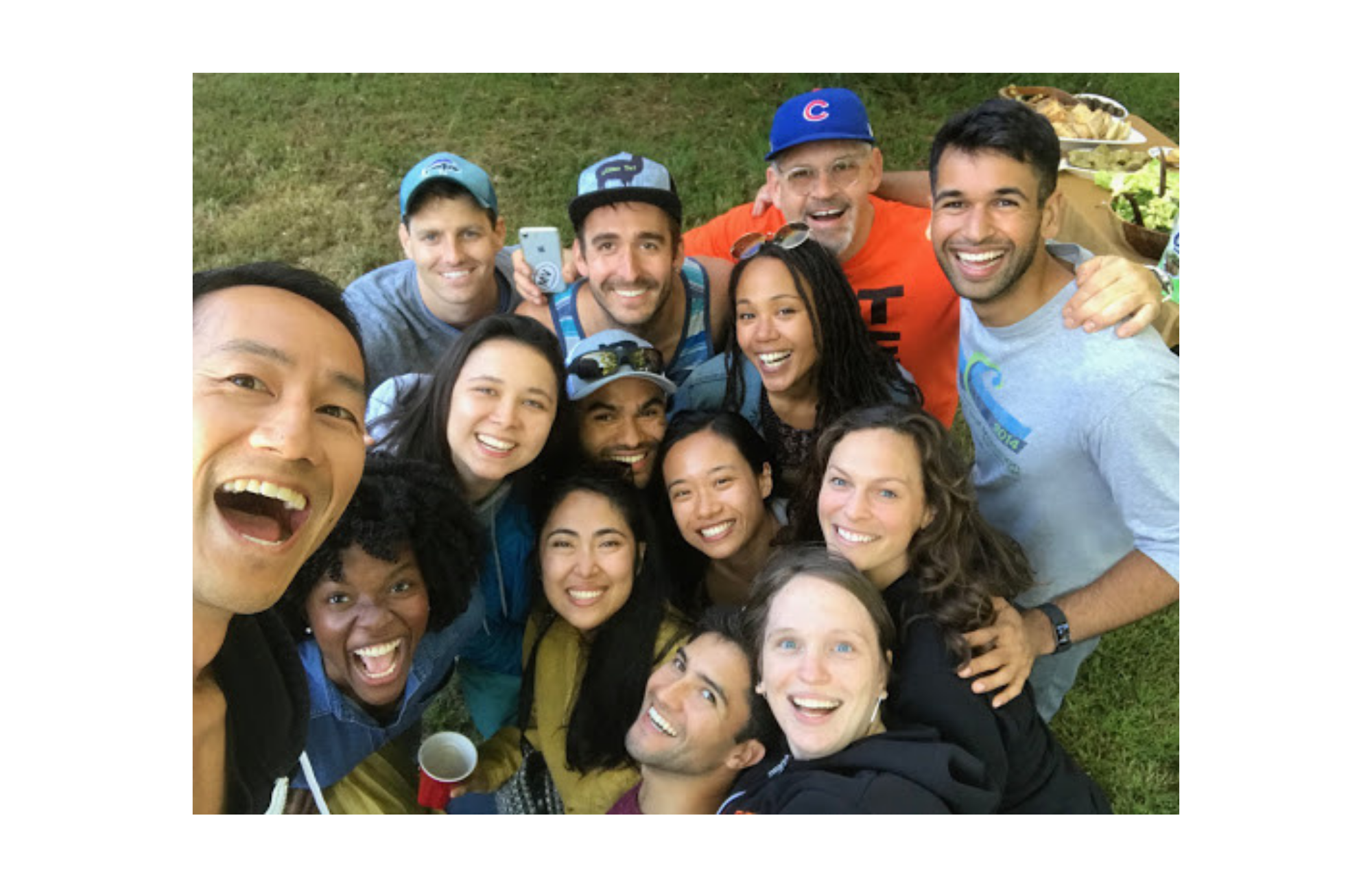
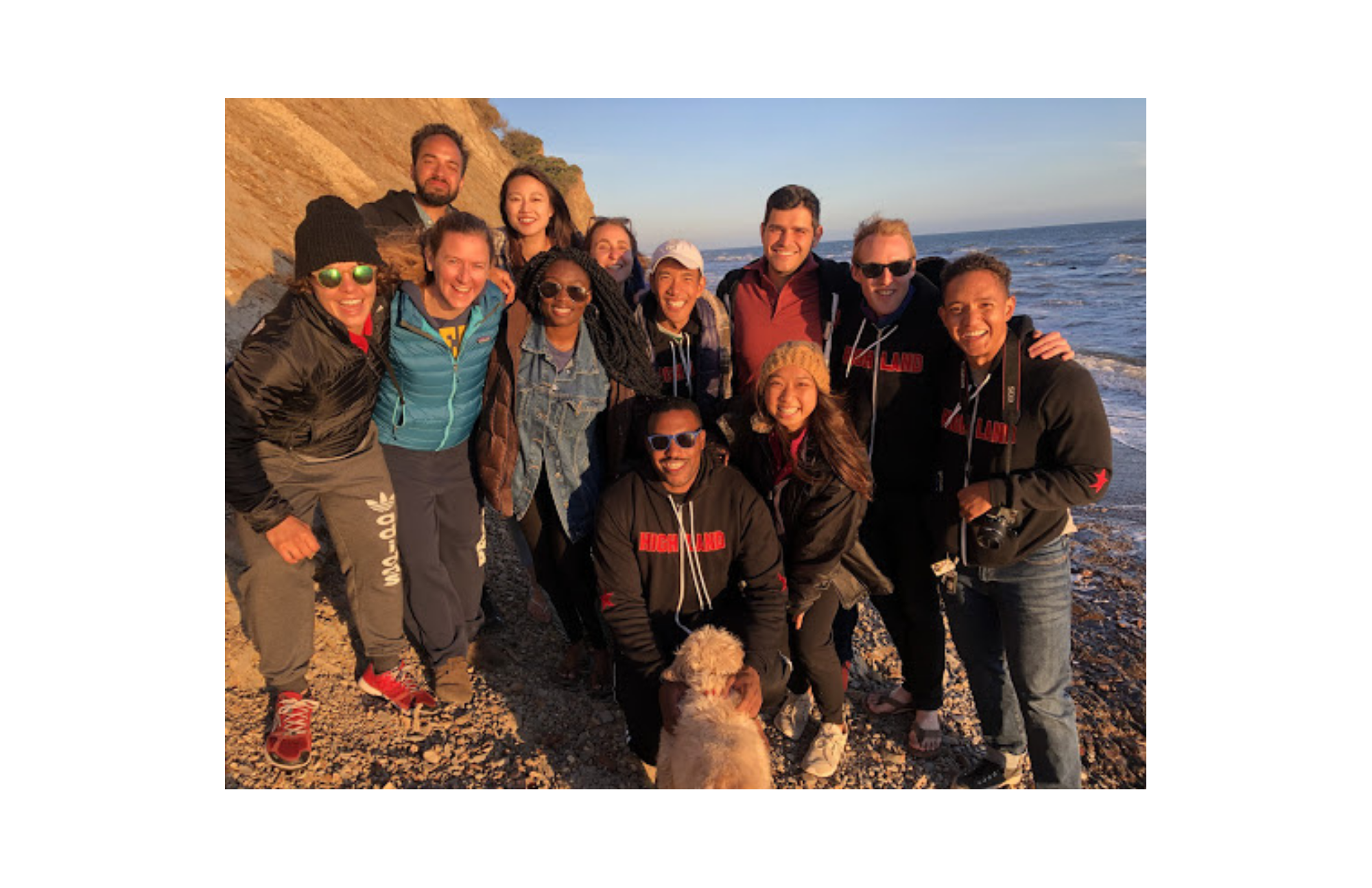
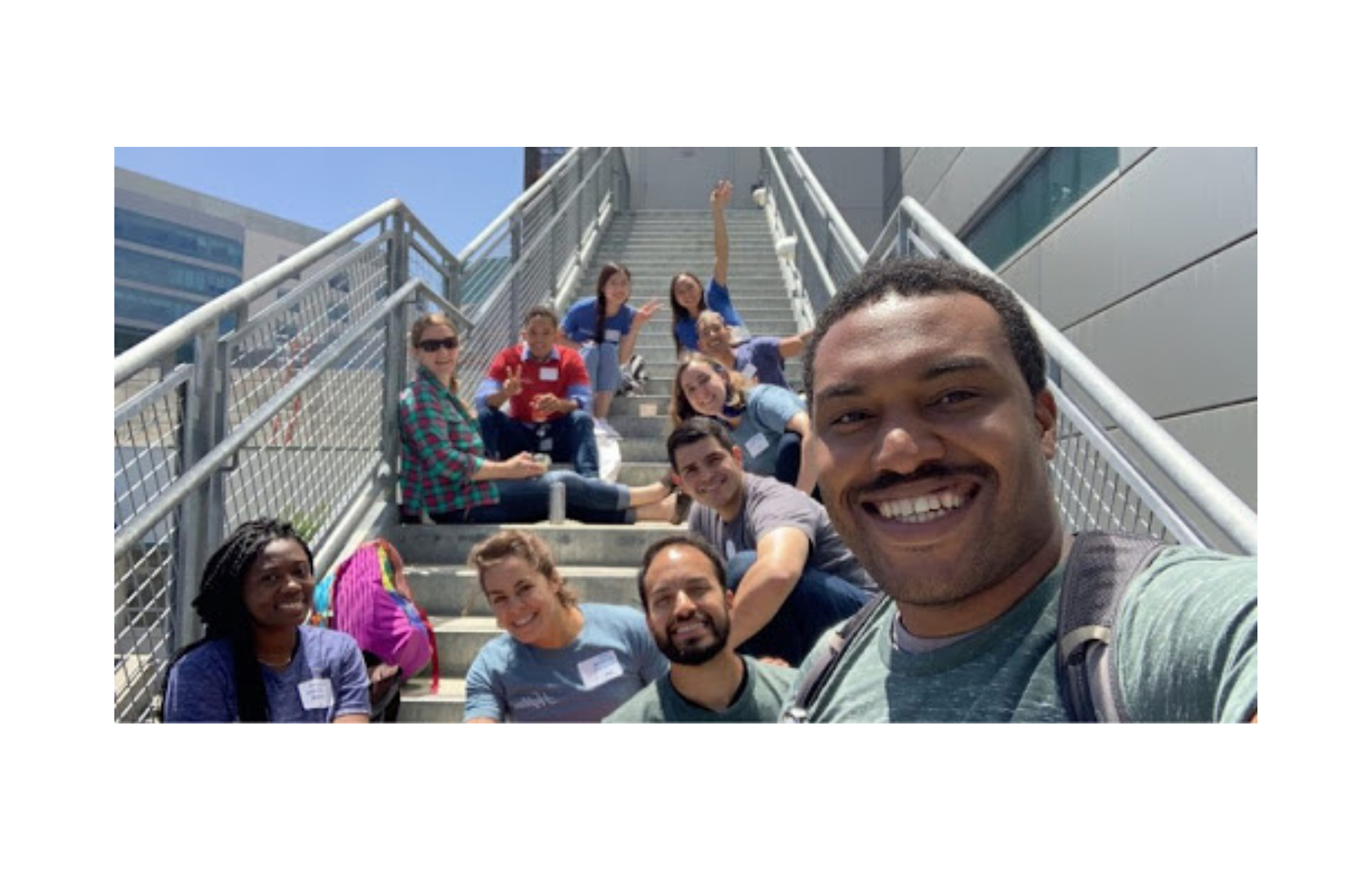
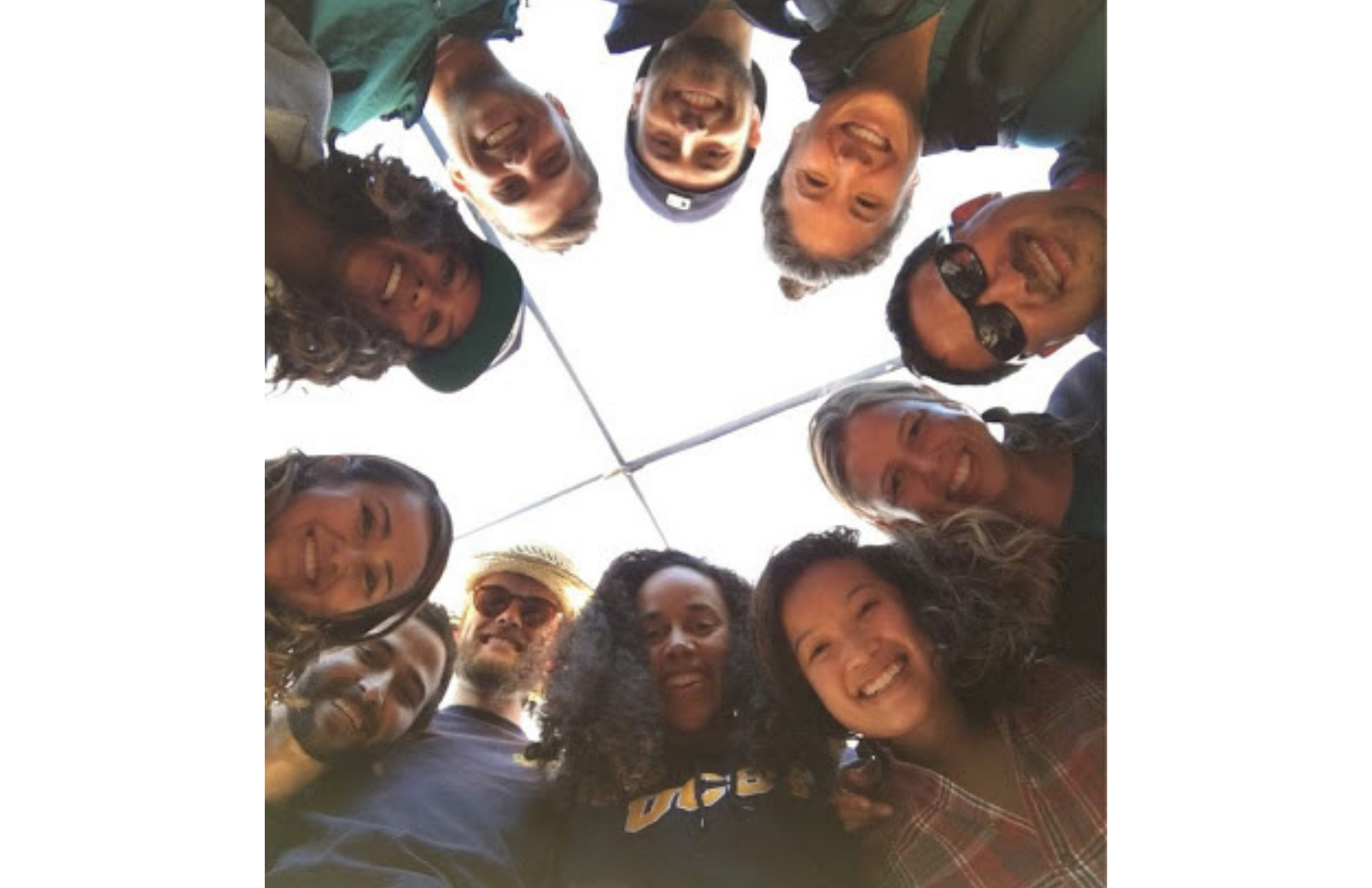
The Highland Emergency Medicine program is dedicated to building a culture of wellness. However, wellness as a concept can be difficult to define. One proposed definition considers wellness an active process of mindfulness and choices that build a healthy, fulfilling life. In this way, wellness is a holistic approach to how we live our lives. Our residency strives to address the shared experience of being a physician while also acknowledging that “wellness” must be ultimately customized to each resident. Given that this is a life-long process, we understand the limitations of our four years of residency, and therefore we instead focus on the below goals.
Our specific goals include:
Provide a healthy work-life balance
Create opportunities to cultivate individual wellness
Learn tools to enhance physical, mental, and social resilience
Minimize stigma around mental health and receiving help
Physician Wellness
Being an emergency medicine physician can be emotionally taxing. We often meet patients on their worst days, we manage very complex patients, and stress and fatigue build up after a string of night shifts. From the first day of intern year, our goal is to help you develop the skills to build resilience. For instance, all interns go through an evidence-based curriculum discussing common worries among new providers, designed by our very own Dr. Robert Kim (class of 2023), discussing common worries among new providers. Also, we have formal and informal debriefs as a residency to tackle difficult issues. Just like any other skill in the medical field, physician wellness is something that must be honed and developed, and we are dedicated to guiding all our residents through that journey.
The Mentorship & Wellness program is a resident-developed and resident-run curriculum that targets common worries among new physicians. These topics include:
- Burn-out
- Imposter Syndrome
- Feelings of Not Belonging
- Debriefing Difficult Patient Interactions
- Bad Outcomes
During the first year at Highland, our residents go through 8 1-hour structured sessions consisting of evidence-based exercises that address the above topics. These interventions include expressive writing, writing about the best possible self, mindfulness exercises, gratitude exercises etc. However, above all, these sessions are customized to each class as they are meant to be a safe space for debriefing the intern experience.. This program is designed to facilitate the development of resilience tools to utilize throughout the four years of residency at Highland and beyond.
Each shift, we have scheduled “GI rounds” where residents and attendings gather to eat and briefly go through a high-yield topic or case presentation. It is a moment for providers to also discuss any difficult cases and to take a quick mental and physical break.
Every month, our residents host a forum to brainstorm any difficult or challenging moments. This is traditionally hosted at one of our resident’s homes and acts as another safe space where residents can come together to provide advice, listen, and help.
It is Highland tradition for the intern on “Tube ‘n Lube” – aka the anesthesiology and ultrasound rotation – to plan and host a fun social gathering for their co-interns who are on busier months of intern year as a way of relaxing, sharing experiences, and letting off some steam.
Every 4 months, the Chief Residents meet with residents from each class to discuss their concerns and experiences over the past months in a private, relaxed environment with food and drinks.
It is a Highland tradition that during your first day at Highland, you become absorbed into a “Highland Family.” These families consist of one member of each PGY Class and multiple faculty members. The sole role is that of faculty and peer support. These families go on bi-monthly “family” outings and provide a little off-shift fun and a whole lot of inter-class love.
Every year, the PGY 2-4 classes venture out of Oakland (usually to nearby Napa-Sonoma) for a 2-day annual staff retreat. This is an opportunity for our classes to process the clinical year and establish new goals. It is also a time for our residency to discuss ways to improve. Some important discussions in the past include: interactions with law enforcement in the ED, racism in medicine, curriculum changes, etc. We also traditionally have time to eat and drink, hang with our friends, and be merry.
Life in residency can be challenging, and we encourage our residents to seek out help during moments of crisis. We believe that depression, anxiety, grief or any other mental illness should be treated like any other medical condition – without stigma or judgment.
Every resident has access to a dedicated free on-site psychologist and multiple other mental health resources and hotlines. These include:
Counseling
- Employee Assistance Program (Provider MHN): All employees and members of their households are eligible for services, which include 3 face-to-face or telephone counseling sessions. Sessions are fully confidential and free of charge. Call 24/7: 1-800-227-1060 or https://www.advantageengagement.com/1528/login_company.php
- Feeling Good Institute: Accessible and effective CBT psychotherapy for COVID-19 response workers (up to 8 hours of free) http://www.feelinggoodinstitute.com/
- Care4Caregivers: Peer coaching by frontline healthcare workers (https://www.cmadocs.org/wellness/care4caregivers)
- ACCMA-vetted mental health professionals: one-on-one counseling and small group psychotherapy sessions for physicians (http://www.accma.org/Mental-Health-Clinicians)
- Frontline Workers Counseling Project: Over 400 therapists offering free video, phone therapy and support groups pro bono. They offer evening/weekend sessions. (https://www.fwcp.org/)
In-house experts
- Lisa Rosequist, PhD, is our on-site Psychologist and Director of Resident and Physician Wellness
- Sofia Newton is the AHS Wellness Program Manager
Mindfulness/ Meditation Apps
- Headspace app: free for healthcare providers (email the GME office for the discount code)
- 10% Happier: free for healthcare providers (email the GME office for the discount code)
- UCLA Mindful (https://apps.apple.com/us/app/ucla-mindful/id1459128935?ls=1)
- Three Good Things: 3 minute evidence based happiness journaling exercises (https://apps.apple.com/us/app/three-good-things-a-happiness-journal/id1242079576)
- Best meditation apps (https://wa-health.kaiserpermanente.org/best-meditation-apps/)
Subsidized Child Care
- AHS is implementing a new employer-subsidized child and elder care benefit. The purpose of this benefit is to provide employees with emergency subsidized child and elder care coverage so that employees can continue to report to work.
Crisis Hotlines
- The Physician Support Line: visit https://www.physiciansupportline.com/ or call 1-888-409-0141
Moreover, our Chief Residents and Residency Program leadership strive to create an open-door policy for any concerns or needs that may arise. Our leadership recognizes that life during residency can be taxing and want to help in any way possible.
Work-Life Balance
We recognize that physicians need to recharge between difficult shifts or time-intensive rotations. Life does not stop when you leave the hospital and we encourage all our residents to find opportunities to explore hobbies, foster relationships, and discover passions which may be outside of medicine.
In order to decrease physician burn-out, our shifts are 8-hours in length (occasionally 10-hours at Kaiser and Eden). We also encourage our providers to stop seeing new patients 1-hour before shifts end in order to decrease charting-time past your shift (and medical errors). Moreover, as you progress in your residency, the total number of your shifts per block gradually decreases, allowing for more time for other activities. Please read about our clinical schedule for more information.
We also recognize how night shifts can disrupt a provider’s circadian rhythm. Therefore, night shifts are scheduled either together or in two blocks (your preference) to decrease day to night transitions per month.
After shifts, residents will often get together to have a post-shift drink and/or eat breakfast. Also, each class strives to meet at the end of each month between new rotations to debrief, hang-out, and sign-out any tips for their new rotations. We are also a very physically active residency with groups of residents going on bike rides, hiking, rock climbing, camping etc. The residency also holds many residency-wide annual events including:
- Tubing on the Russian River
- Highland Solstice “Talent Show”
- Annual Christmas Party
- Graduation Party
- RuPaul Drag Race Fantasy League
- Bolinas Weekend
Between the first and second year of residency, our interns have an extended 1-month break to recharge, re-invest in a dwindling hobby, start a project, and/or explore their new home of Oakland. Many of our interns travel or see family. Moreover, traditionally the intern class will use that time for an extended class trip.
